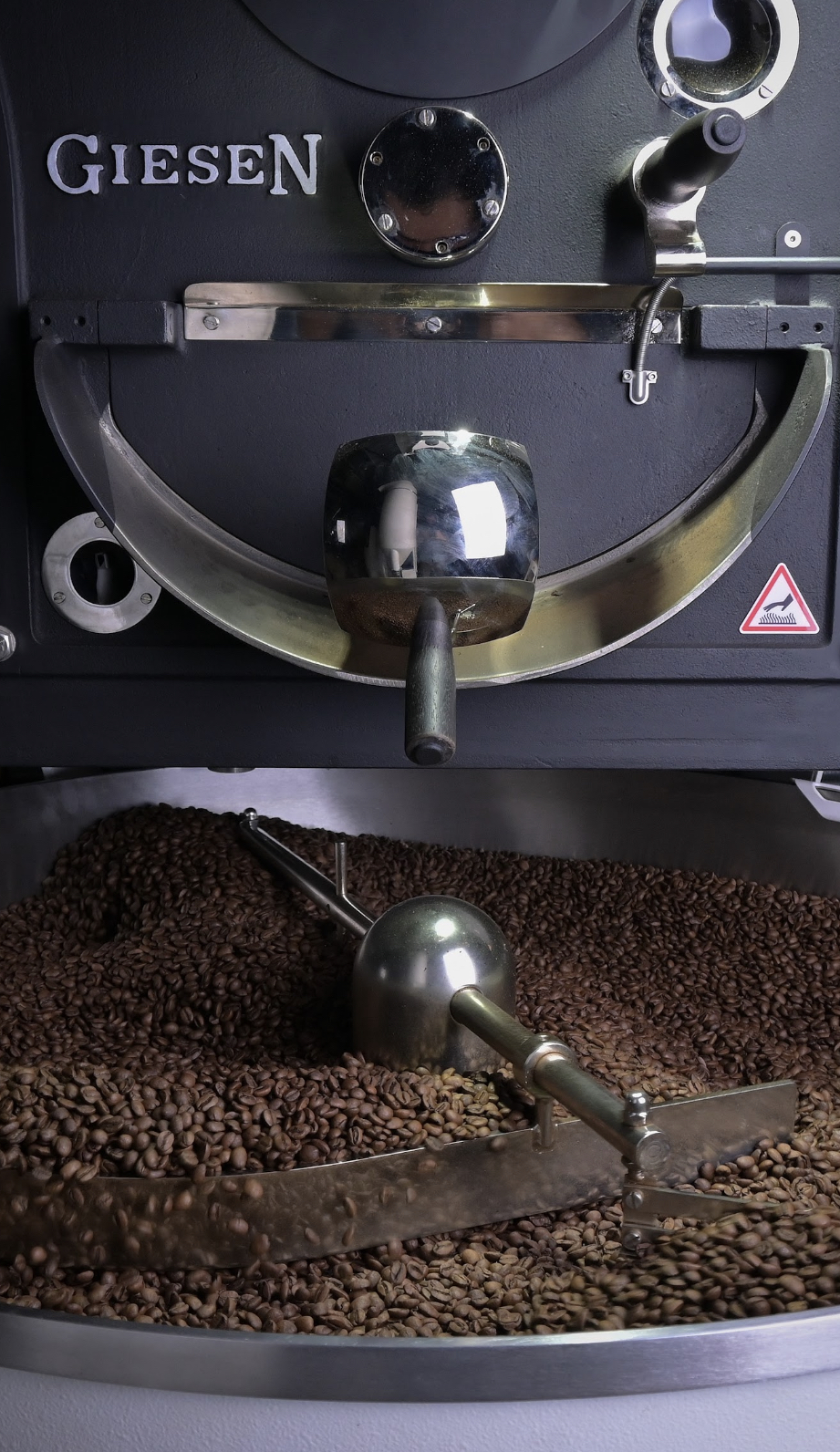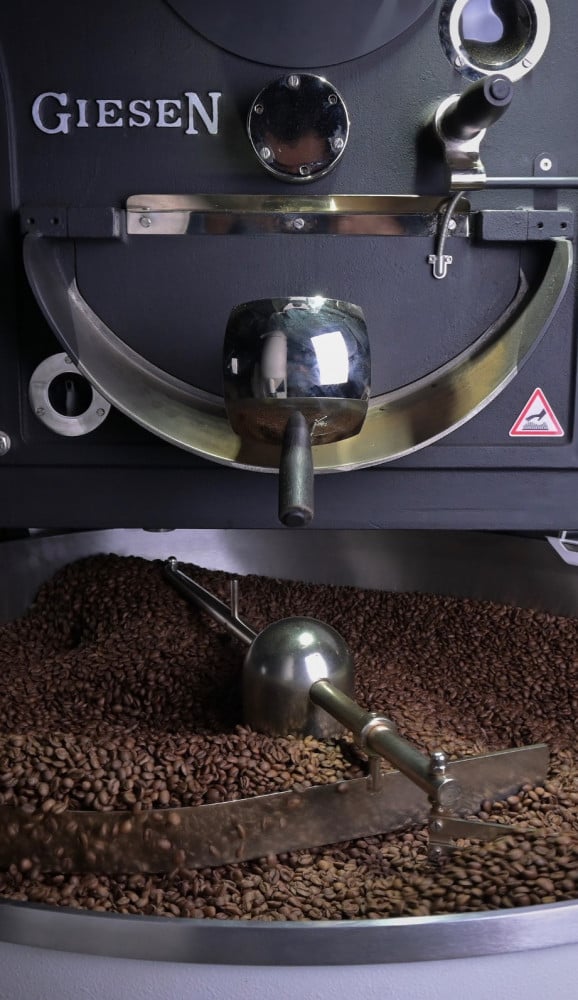Specialty coffee means specialty coffee beans that are grown on special farms and are given great care so that the coffee beans are of high quality.
The story of specialty coffee

The term specialty coffee was first used by Erna Knutsen in 1974 in the Tea and Coffee Trade Journal. The term was to describe the highest quality coffee beans that are produced in a special climate, grown at an ideal altitude at the appropriate time of year in good soil, and harvested with care and precision, as they require a great deal of care.
In 1978 AD, Erna Knutson stood at an international conference for coffee makers held in Paris to announce a new term for coffee, which was later called “specialty coffee,” as she said...
“Specialty coffee is coffee that has been grown in a specific local climate to produce coffee with a distinct and special flavour.”
Then, the Specialty Coffee Association of America was established.
How do we define and distinguish specialty coffee from other types of coffee?
There is a lot of confusion and a common belief that specialty coffee is a type of coffee drink such as espresso, cappuccino, Americano, etc.
In fact, specialty coffee is a type of coffee beans that have been grown and picked in a special way to produce the best type of coffee. Therefore, it is not a drink in itself, but rather is used in the production of various coffee drinks.
Yes, you can make drip coffee... American, espresso, or Turkish... using specialty coffee beans, taking into account the preparation method, grinding degree, and roasting.
How do we distinguish specialty coffee from other types of coffee?
There are many factors that must be available to produce high-quality specialty coffee, namely:
coffee type
The climate in which coffee was grown
soil quality
How to grow it
One of the things that can distinguish specialty coffee from other types of coffee is the time at which the coffee bean (cherry) is picked and its degree of ripeness. Picking it after or before ripeness will affect the quality of the product. Farmers should take this into account.
The care taken of coffee beans after picking them, the way they are washed and dried naturally, the fermentation process, paying attention to the humidity level during washing and drying, and then the proper storage process all affect their quality.

